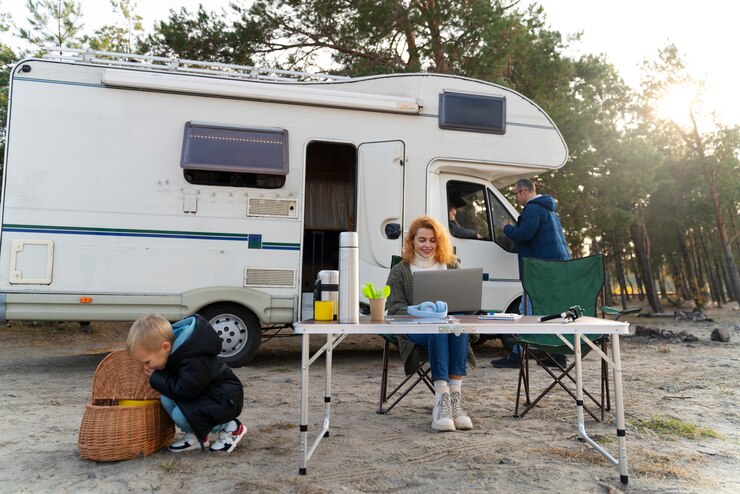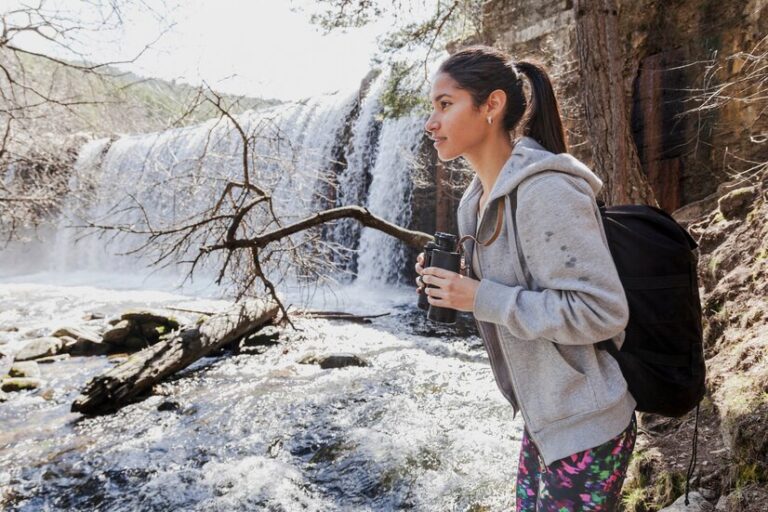The Ultimate Guide to Adventure Travel for Thrill Seekers
Adventure travel offers a break from the daily routine with activities like hiking, kayaking, and exploring remote villages. It challenges the body, mind, and spirit while providing meaningful connections with nature and cultures. This blog post covers the benefits of adventure travel, along with planning and safety tips to help you start your own adventure.
Benefits of Adventure Travel
Physical Benefits
Adventure travel often involves physical activities that can boost your health. Imagine trekking up a mountain trail, paddling down a rapid river, or cycling through countryside paths. These activities engage multiple muscle groups and improve cardiovascular health.
Regular participation in these activities can lead to increased stamina, stronger muscles, and better overall fitness. Plus, being outdoors exposes you to fresh air and natural sunlight, which are beneficial for your immune system.
Mental Benefits
The mental benefits of adventure travel are equally compelling. Engaging in challenging activities can sharpen your problem-solving skills and boost your confidence. Overcoming obstacles on the trail or in the water teaches you resilience and adaptability.
Adventure travel also offers a break from the digital world. Time spent in nature has been shown to reduce stress levels and improve mental clarity. It’s an excellent way to recharge your mind and spirit.
Social Benefits
Lastly, adventure travel can enrich your social life. Whether you’re traveling solo or with friends, you’ll meet like-minded individuals along the way. These interactions can lead to lasting friendships and a deeper understanding of different cultures.
Sharing an adventure with others builds strong bonds. You’ll create memories that will bring you closer together and give you stories to tell for years to come.
How to Plan an Adventure Trip
Budgeting
Planning an adventure trip starts with setting a budget. Adventure activities can vary in cost, so it’s crucial to research and plan ahead. Consider expenses like travel, accommodation, gear, and activity fees.
Look for deals and discounts online. Booking in advance can often save you money, as can traveling during off-peak seasons. Don’t forget to set aside a little extra for unexpected expenses and emergencies.
Choosing Destinations
When choosing a destination, think about the type of adventure you crave. Are you drawn to mountains, rivers, or forests? Do you prefer hot climates or cold? Research destinations that offer the activities you enjoy.
Consider the accessibility of the location, especially if you’re traveling with a group. For instance, glamping in Zion could be an excellent choice for comfort and adventure. Some remote areas may require special permits or vaccinations. Make sure to factor these details into your planning.
Packing Tips
Packing for an adventure trip requires careful planning. Start with a checklist of essentials, including clothing, gear, and personal items. Opt for lightweight, durable clothing that can withstand various weather conditions.
Invest in quality gear appropriate for your activities, such as a sturdy backpack, hiking boots, or a waterproof jacket. Don’t forget to pack a first-aid kit, snacks, and plenty of water.
The Ultimate Adventure Travel Checklist
Essential Documents
Before setting out, ensure you have all the necessary documents. This includes your passport, travel insurance, and any required permits or visas. Keep copies of these documents in a separate place in case you lose the originals.
Clothing and Gear
Pack clothing suited to the climate and activities. Layering is key, as it allows you to adjust to changing weather conditions. Include items like moisture-wicking shirts, thermal layers, and a rain jacket.
For gear, consider the specific needs of your adventure. Essentials might include a tent, sleeping bag, climbing equipment, or snorkeling gear. Always double-check your list to ensure you have everything you need.
Health and Safety Items
Your health and safety should be a top priority. Pack a first-aid kit with bandages, antiseptic wipes, and any prescription medications. Include insect repellent and sunscreen to protect your skin.
Consider carrying a portable water filter or purification tablets, especially if you’ll be in remote areas without access to clean water. A multi-tool and a flashlight can also prove invaluable.
Safety Tips for Adventure Travel
Know Your Limits
One of the most important safety tips is to know your limits. Adventure travel can be physically demanding, so it’s essential to assess your fitness level and choose activities accordingly.
Don’t push yourself too hard. Recognize when you need to take a break and stay hydrated. Listen to your body and make adjustments as needed.
Prepare for Emergencies
Being prepared for emergencies can make a significant difference in your adventure. Always inform someone of your travel plans and expected return date. Carry a fully charged phone and a portable charger.
Know the local emergency numbers and have a plan for what to do if something goes wrong. Familiarize yourself with basic first aid and consider taking a wilderness survival course.
Stay Informed
Before embarking on your trip, research the local conditions. Understand the weather patterns, potential hazards, and local customs. This knowledge will help you make informed decisions and avoid unnecessary risks.
Stay updated on any travel advisories or warnings for your destination. Being well-informed is key to a safe and enjoyable adventure.
Sustainable Adventure Travel
Eco-Friendly Practices
Sustainability is crucial in adventure travel. Practice eco-friendly habits by minimizing waste, recycling, and reducing your carbon footprint. Use reusable water bottles, bags, and utensils.
Choose eco-friendly accommodations and tour operators who prioritize sustainable practices. Supporting businesses that respect the environment helps preserve these beautiful places for future travelers.
Respect Local Cultures
Respecting local cultures is an integral part of sustainable travel. Learn about the customs and traditions of the places you visit. Dress appropriately and be mindful of cultural norms.
Engage with local communities in a respectful manner. Support local businesses and artisans by purchasing their products and services. This not only enriches your experience but also contributes to the local economy.
Leave No Trace
The Leave No Trace principles are essential for any adventure traveler. Always clean up after yourself and leave natural areas as you find them. Avoid disturbing wildlife and stick to designated trails.
By following these principles, you ensure that natural habitats remain pristine and accessible for future generations of adventurers.
Conclusion
Adventure travel is more than just a vacation; it’s a gateway to new experiences, personal growth, and unforgettable memories. Whether you’re hiking, kayaking, or exploring new cultures, the rewards of adventure travel are immense.







